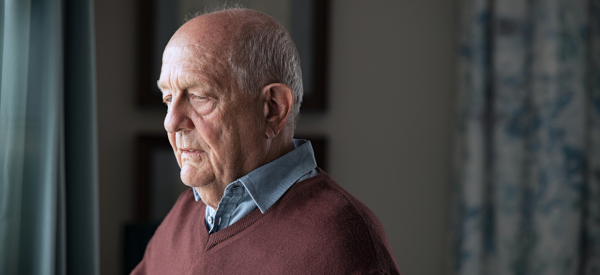The number of older Americans taking prescription and over-the-counter (OTC) medication is expected to rise significantly within the next few years. The food and Drug Administration reports that seniors purchase more than 30 percent of all prescription medication in the U.S; and the same age group also purchases over 40 percent of over-the-counter medications. Statistics show that about 90 percent of seniors take some form of medication – many of whom consume four to five different types each day. With the increase in consumption of medication, it’s now more important than ever for seniors to keep track of what they
Read More
Monthly Archives December 2016
Ground-Breaking Plans for 2017!
Sharon Burack, founder of Freedom Home Care and resident of Highland Park, saw the need to provide seniors in the Chicagoland area with an opportunity to live happy and healthy lives within their own homes. During the time, Burack had not known there was such a demand for in-home care services but 20 years later, she and the rest of the staff at Freedom Home Care are celebrating the company’s 20th anniversary. Within these 20 successful years, Freedom Home Care opened their first location in Highland Park and now serve clients all over from Chicago’s lakeshore through Cook and Lake
Read More
Does Your Loved One Need a Caregiver?
There comes a time in all of our lives when we’ll need assistance from the ones we care about. Health and mobility are usually the first things to decline as we age. But how do you know exactly when a parent or older family member needs help? Keeping in mind that your senior has probably lived a full, independent life will work to everyone’s benefit when thinking about how to approach care giving for a loved one. But that also makes it difficult for them to admit they can no longer take care of themselves. The fear of losing
Read More
Is Laughter the Best Medicine?
Who knew that a good laugh was a lot like a moderate workout? Well, according to psychologist and laugh therapist, Steve Wilson, MA, CSP we change our physiological state when we laugh. Our muscles stretch, the pulse and blood pressure go up, breathing increases sending more oxygen to the tissues. Wilson says when you combine laughter and movement it boosts the heart rate. And researchers say that 10-15 minutes of laughter can burn almost 50 calories. Other ways that laughter can be beneficial to the health of your older loved one is that it helps boost the immune system. A
Read More
Winter Safety Tips for Seniors
Slips, trips and falls become even more common for seniors during the winter months. But problems associated with balance and mobility aren’t the only dangers that older loved ones face when the temperature drops. With everything from emotional issues to physical risks – family members should take care to ensure the health and safety of their senior loved ones by taking some extra precautions this holiday season. Below are a several things FHC came up with that could help make the winter months a joyful and risk-free time for your family. Hypothermia is a dangerous condition that is the result
Read More
Top Gifts for Seniors
Still trying to decide what to get your senior loved one for Christmas this holiday season? Well, you’re not alone. Because we realize that it can sometimes seem like an impossible task to shop for a person who has everything, FHC came up with a few creative gift ideas that are sure to make the yuletide gay this holiday. For the senior who no longer has full use of their hands, wrist, and fingers due to arthritis, the Hickies No Tie Lacing System is the perfect gift. Your loved one never has to worry about the cumbersome and sometimes uncomfortable
Read More
GPS Devices to Help with Dementia and Aging
Wandering is becoming an increasing problem in the U.S. Statistics say that between 60 and 70 percent of loved ones with Alzheimer’s will wander off at some point in their illness. In dementia patients, changes in the brain occur that cause the urge to wander. As, they begin to roam about, Alzheimer’s sufferers look for people, places or things that might be familiar to them – behavior that has a tendency to increase the longer they suffer from cognitive decline. Sadly, many older adults with the disease who wander off become disoriented, can’t remember their name or address and never
Read More




